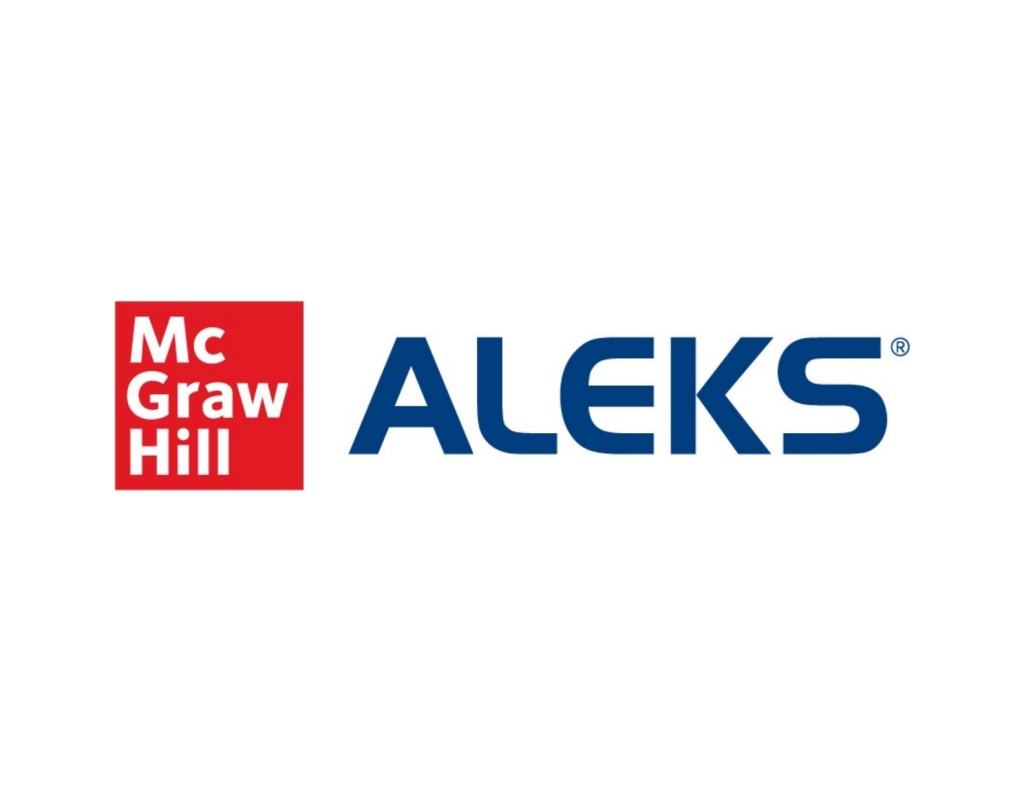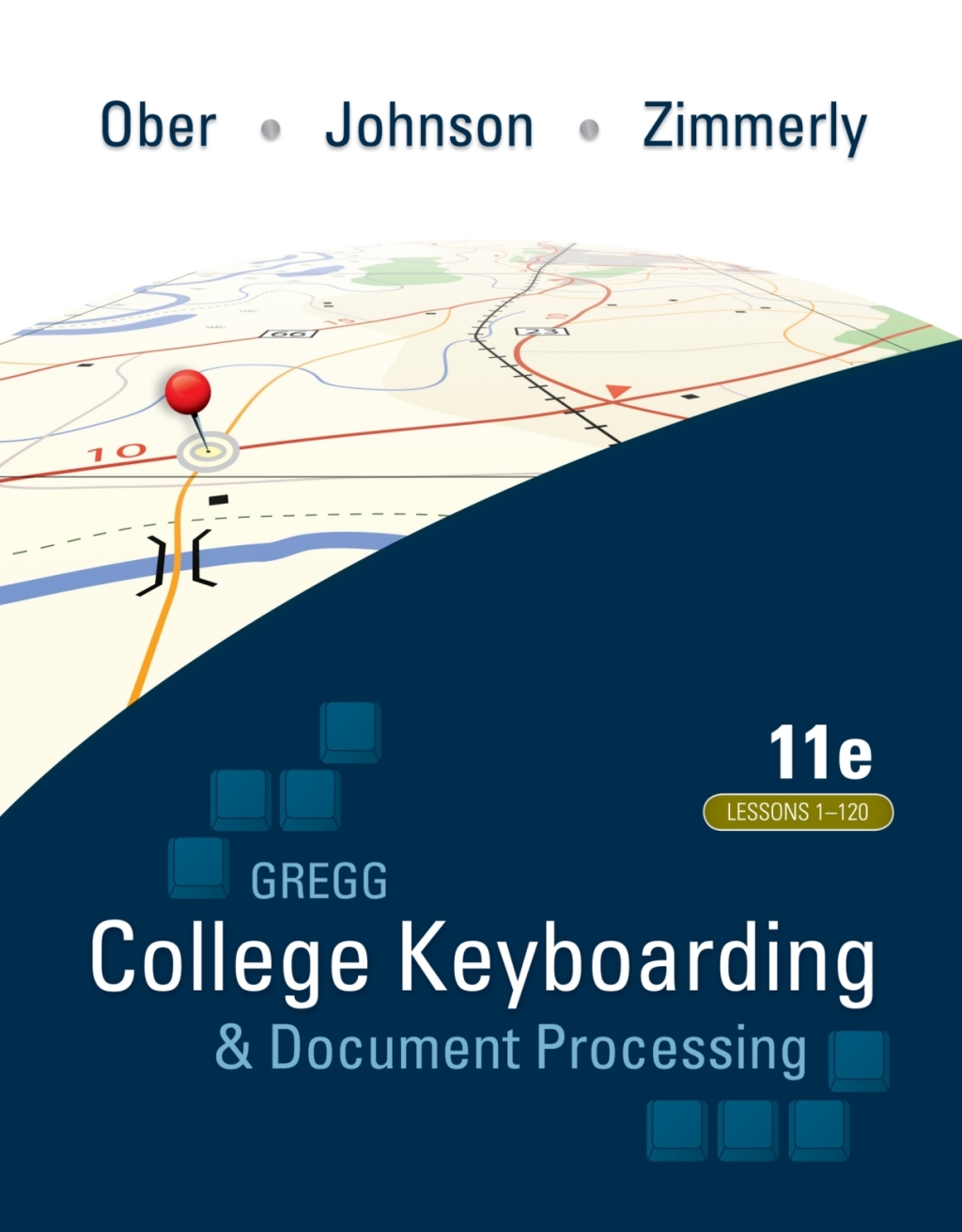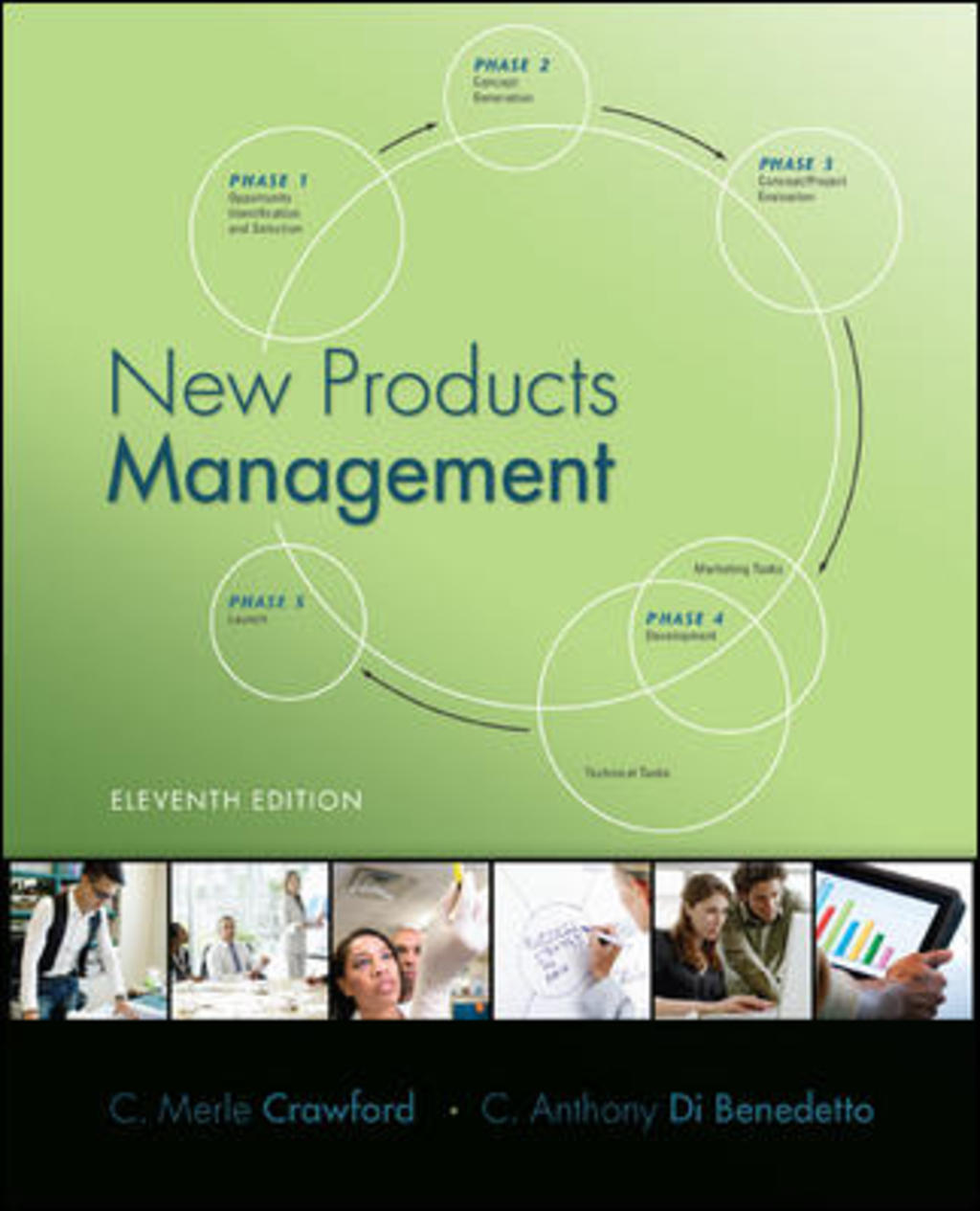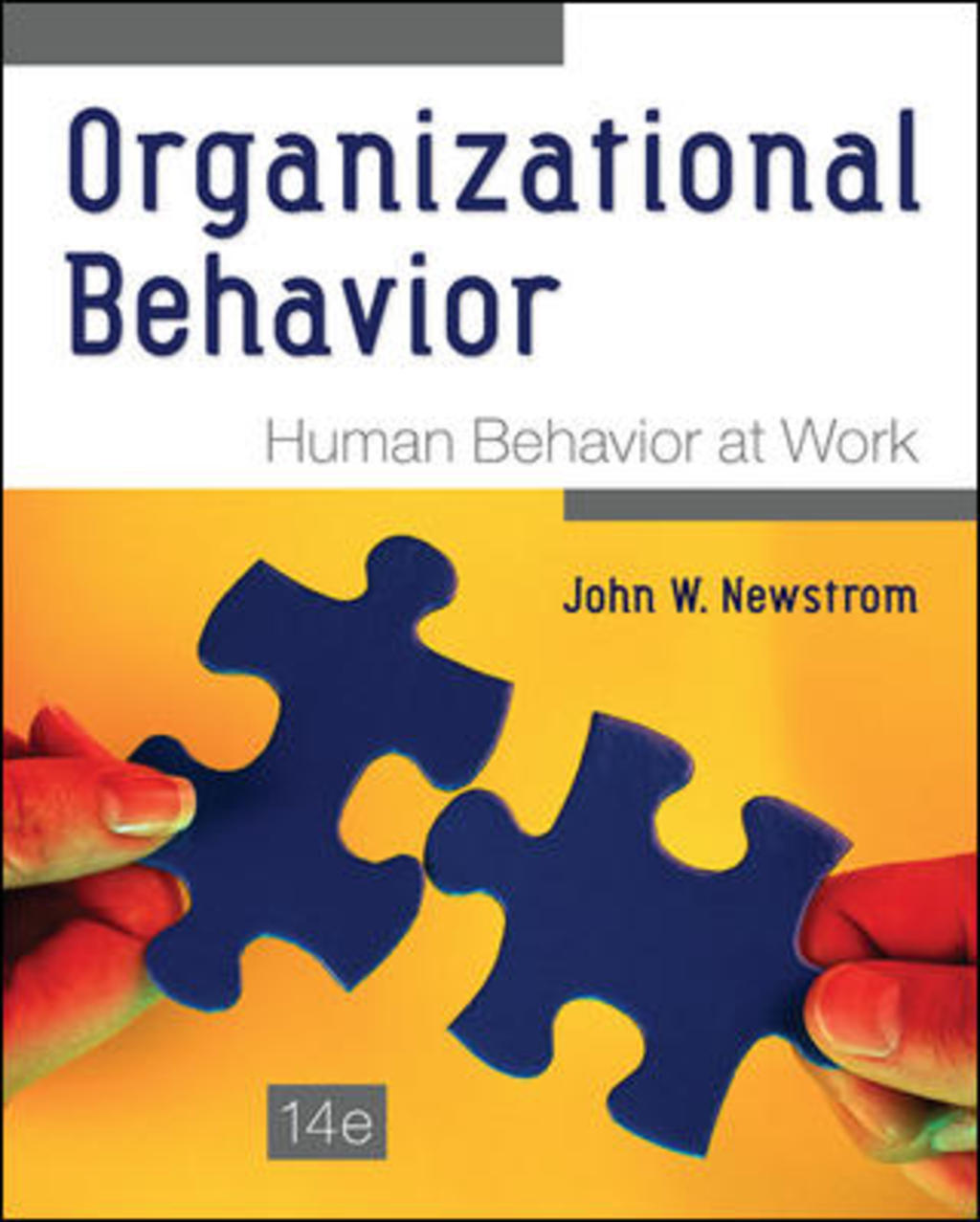Instructional Design for Organizational Justice A Guide to Equitable Learning, Training, and Performance in Professional Education and Workforce Settings 1st Edition
Author(s): Lisa A. Giacumo; Steven W. Villachica; Donald A. Stepich
Publisher: Routledge
ISBN: 9781032419664
Edition: 1st Edition
$39,99
Delivery: This can be downloaded Immediately after purchasing.
Version: Only PDF Version.
Compatible Devices: Can be read on any device (Kindle, NOOK, Android/IOS devices, Windows, MAC)
Quality: High Quality. No missing contents. Printable
Recommended Software: Check here
Important: No Access Code
Description
Description
Instructional Design for Organizational Justice prepares instructional designers to use culturally relevant, performance-based learning materials and environments that improve organizational and workplace learning experiences for today’s diverse, globalized contexts. With socially just leadership and DEI initiatives growing in institutions across sectors, today’s instructional design programs must prepare graduate students to be more culturally relevant, equity-minded, and inclusive in their professional practice. This textbook explores the implementation of systematic, systemic, and performance-oriented designs alongside the use of organizational justice theory to facilitate more equitable, inclusive performance improvement and workplace learning interventions. The book introduces the Learning and Performance Support Instructional Design (LeaPs ID) Model. Applicable to instructional designers, educational technologists, learning experience designers, learning engineers, and human resource development professionals, this original, iterative process: integrates common ID heuristics, design-based thinking, culture, equity, inclusion, and other inputs external to the organization and ID project; portrays a realistic, scalable, iterative, agile approach to the ID process; aids in the design of environments in which adult learners can observe, practice, and receive feedback, building the knowledge and capacity required for their desired performance; and is illustrated by a wealth of examples, templates, and processes developed in the field to support adult learners and collaborate with subject matter experts. Relevant to business, government, military, non-profit, non-governmental, and higher education settings, this unique and comprehensive volume lends itself to uncovering values and motives essential to successful agile project management as well as to diversity, equity, and inclusion initiatives and social change.










